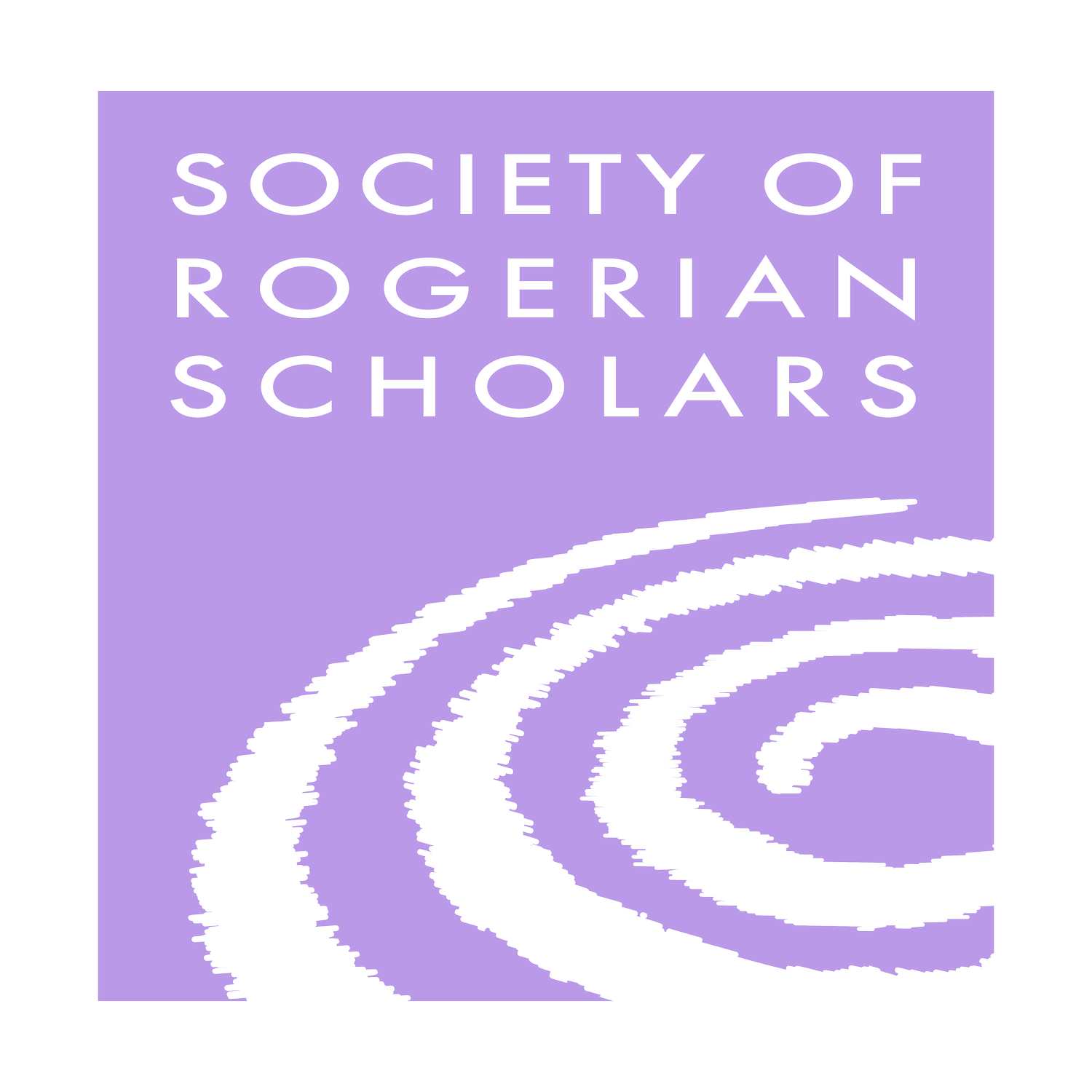About Martha Rogers
Written by Howard Butcher & Violet Malinski and published in
Nursing Theories and Nursing Practice 5th ed. Marlaine Smith (ed.) (2020), (pp. 237-238),
Martha E. Rogers, one of nursing’s foremost scientists, was a staunch advocate for nursing as a basic science from which the art of practice would emerge. A common refrain throughout her career was the need to differentiate skills, techniques, and ways of using knowledge from the actual body of knowledge needed to guide practice to promote well-being for humankind. Rogers identified the human–environmental mutual process as nursing’s central focus, not health and illness. She repeatedly emphasized the need for nursing science to encompass human beings in space as well as on Earth. Who was this visionary who introduced a new worldview to nursing?
Martha Elizabeth Rogers was born in Dallas, Texas, on May 12, 1914, a birthday she shared with Florence Nightingale. Her parents soon returned home to Knoxville, Tennessee, where Martha and her three siblings grew up. Rogers spent two years at the University of Tennessee in Knoxville before entering the nursing program at Knoxville General Hospital. She then attended George Peabody College in Nashville, Tennessee, where she earned her Bachelor of Science degree in public health nursing, choosing that field as her professional focus. Rogers spent the next 13 years in rural public health nursing in Michigan, Connecticut, and Arizona, where she established the first visiting nurse service in Phoenix, serving as its executive director. Recognizing the need for advanced education, in 1945 she earned a master’s degree in nursing from Teachers College, Columbia University, in the program developed by another nurse theorist, Hildegard Peplau. In 1951 she left public health nursing in Phoenix to return to academia, this time earning both a master’s of public health and a doctor of science degree from Johns Hopkins University in Baltimore, Maryland.
In 1954, following her graduation from Johns Hopkins, Rogers was appointed head of the Division of Nursing at New York University (NYU), beginning the second phase of her career overseeing baccalaureate, master’s, and doctoral degree programs in nursing and developing the nursing science she knew was integral to the knowledge base nurses needed. During the 1960s, she successfully shifted the focus of doctoral research from nurses and their functions to humans in mutual process with the environment. She wrote three books that explicated her ideas: Educational Revolution in Nursing (1961), Reveille in Nursing (1964), and the landmark An Introduction to the Theoretical Basis of Nursing (1970). From 1963 to 1965, she edited Nursing Science, a journal that was far ahead of its time; it offered content on theory development and the emerging science of nursing, as well as research and issues in education and practice.
Rogers died in 1994, leaving a rich legacy in her writings on nursing science, the space age, research, education, and professional and political issues in nursing.
